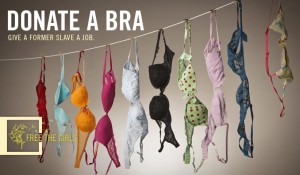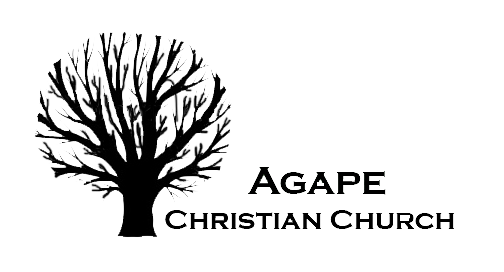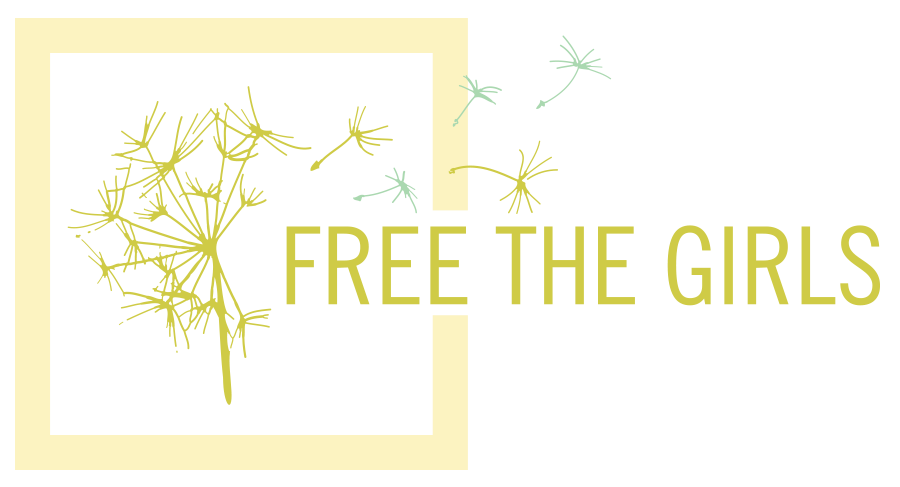
Here is some more information about what we are doing!
WHAT’S THE PROBLEM?
Currently 20-37 million men, women and children are being held as slaves around the world—more today than in any other time in history. The majority of those slaves are women and girls–many of whom are victims of sex trafficking. There are a number of amazing organizations that are helping to rescue these women out of a life of prostitution, but what happens after they are rescued? Many aftercare providers are doing great work in providing comprehensive restoration and educational opportunities to survivors, but often their resources are limited.
OUR SOLUTION
By partnering with established after-care facilities, we provide an opportunity for sex trafficking survivors to build their own business selling second-hand clothing while going to school, establishing a house, and caring for their families. Selling clothes allows them to work as much or as little as their school schedule permits. The women in our program receive their starting inventory as a donation, and are then able to buy additional inventory from Free The Girls for below wholesale value to help maintain their competitive edge in the marketplace. Revenue from inventory sales covers our overseas program costs so our international programs are sustainable. We work one-on-one with each budding entrepreneur in areas like inventory management, budgeting, and financial planning for future dreams and goals they want to achieve.
WHY BRAS?
Second-hand clothing is a profitable market in many countries around the world. Bras are sought after items. And even better, bras provide an opportunity for these women to work with other women, since they have a history of being abused and used by men.
OUR JOURNEY
Free The Girls launched our first pilot program in Mozambique in 2011. In February 2012, we were featured in a 3-part series of stories by CNN’s Freedom Project. The response was amazing, with an outpouring of support from all over the world! We were able to ship over 30,000 bras to Mozambique and increase the amount of women in our program there to 24.
CNN then aired a 30-minute follow-up documentary on Free The Girls in February 2013 called “Mozambique or Bust” (watch online here). The media exposure introduced us to new partners, and we launched pilot programs with after-care providers in Uganda and El Salvador–increasing the total number of women we have served to 60. To date we’ve collected over 500,000 new and gently used bras from women all over the world, and are currently exploring launching additional pilot programs in other parts of Africa and Central America.
OUR INSPIRATION?
Free The Girls is inspired by the love of Christ to love all people and to fight for justice and wholeness for survivors of sex trafficking. We embrace and care for these women and girls regardless of their religion. Our desire is to see a world where all are free.

